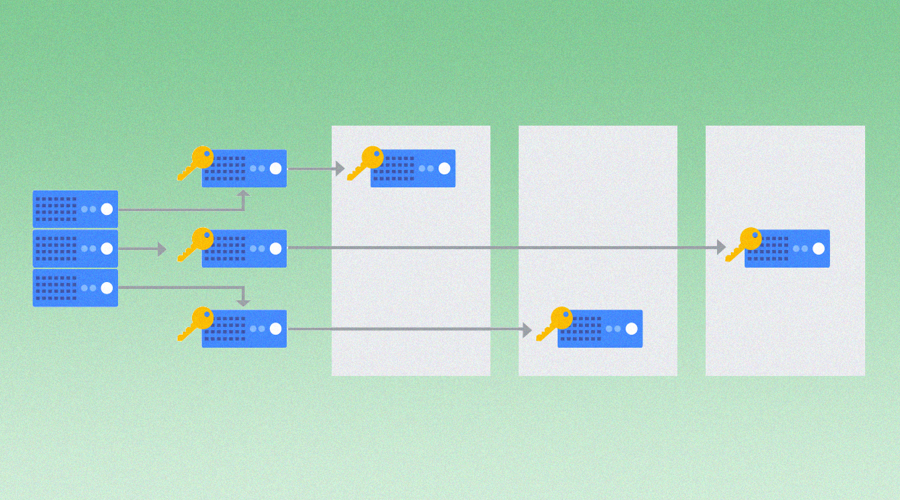Encryption at rest
Cloud Storage always encrypts your data on the server side, before it is written to disk, at no additional charge. Besides this standard, Google-managed behavior, there are additional ways to encrypt your data when using Cloud Storage.
Encryption in transit
Encryption in transit protects your data if communications are intercepted while data moves between your site and the cloud provider or between two services. This protection is achieved by encrypting the data before transmission, authenticating the endpoints, and decrypting and verifying the data on arrival.
The security policies and features of Google Cloud, such as the automatic encryption of data, intrusion detection system, and PCI-DSS compliance made it a perfect fit for our business.
Zack Yang Zhan, Chief Operating Officer and co-founder, FOMO Pay

Customer-managed keys
You can choose to use keys generated by Cloud Key Management Service. If you use a customer-managed encryption key (CMEK), your encryption keys are stored within Cloud KMS. The project that holds your encryption keys can then be independent from the project that contains your buckets, thus allowing for better separation of duties.
Hardware-backed encryption keys
Cloud HSM is a cloud-hosted hardware security module (HSM) service that allows you to host encryption keys and perform cryptographic operations in a cluster of FIPS 140-2 Level 3 certified HSMs. Google manages the HSM cluster for you, so you don't need to worry about clustering, scaling, or patching. Because Cloud HSM uses Cloud KMS as its front end, you can leverage all the conveniences and features that Cloud KMS provides.
Cloud External Key Manager
With Cloud EKM, you can use keys that you manage within a supported external key management partner to protect data within Google Cloud. You can protect data at rest in supported CMEK integration services, or by calling the Cloud Key Management Service API directly.
Cloud EKM provides several benefits, including key provenance, access control, and centralized key management.
Take the next step
Tell us what you’re solving for. A Google Cloud expert will help you find the best solution.
Learn security best practices
See best practicesSolve common problems
Watch security use-case videosWork with a partner
See our security partners














